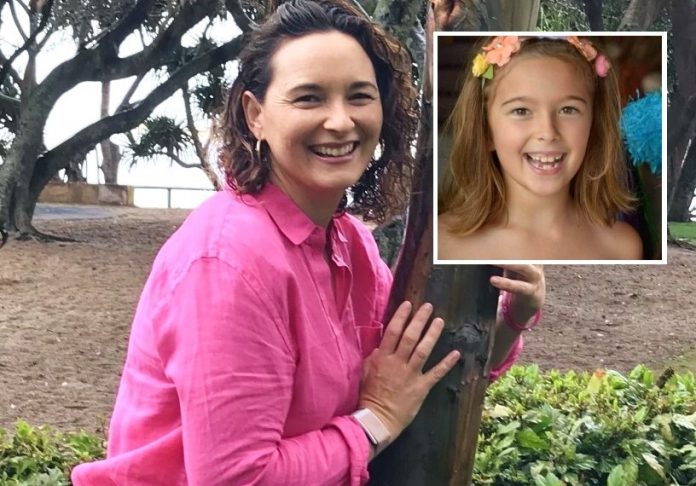When 10-year-old Sophie Bombski died suddenly five years ago, her parents gifted her organs and tissue, changing the lives of 10 people.
In the midst of unthinkable loss, the Caloundra family took just 30 seconds to decide to give life to others – a decision fewer people are making.
Last year saw a 16 per cent decrease in the number of organ donors in Australia.
And while COVID-19 restrictions also caused a 12 per cent reduction in people receiving a transplant, the ripple effect of the drop in donors will be felt for years to come.
While most Australians support organ and tissue donation, only one in three is registered to be a donor on the Australian Organ Donor Register.
That is a number Sophie’s mother Karina hopes to change, wanting to trigger conversations that might boost registrations and increase hope for the 1800 Australians waiting for an organ donation.
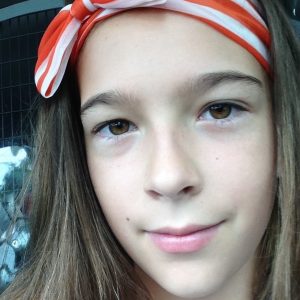
Little Sophie (pictured) loved unicorns and rainbows.
A live unicorn was a tad illusive, so her family planted a living rainbow for her at Happy Valley – a rainbow eucalyptus.
The tree, like all trees, gifts life.
But while Sophie’s rainbow tree has no choice but to continue the circle of life, organ donation for people remains a choice.
It was a choice Sophie’s family made shortly after her swimming pool accident – a choice her mother says the dynamo would have undoubtedly made for herself.
The time they took to consent is half the time it will take to register as a donor at donatelife.gov.au, so another family somewhere, sometime might keep a loved one with them.
Registration indicates that person’s wishes, and that makes the grieving family’s decision to give consent easier.
Tears escape even as Karina smiles remembering her daughter.
She misses the mountain of cuddles Sophie blessed them with, and the sheer joy of a loving child who would wear a tutu with gumboots.
Karina helped her elder daughter survive Sophie’s death and the inconceivable bullying at school that followed.
“I think the absolute worst heartbreak is to lose a child, but I haven’t fully mourned,” she said.
Yet in the wake of loss, Karina meets life with grit and vitality.
“Throw anything at me now,” she said.
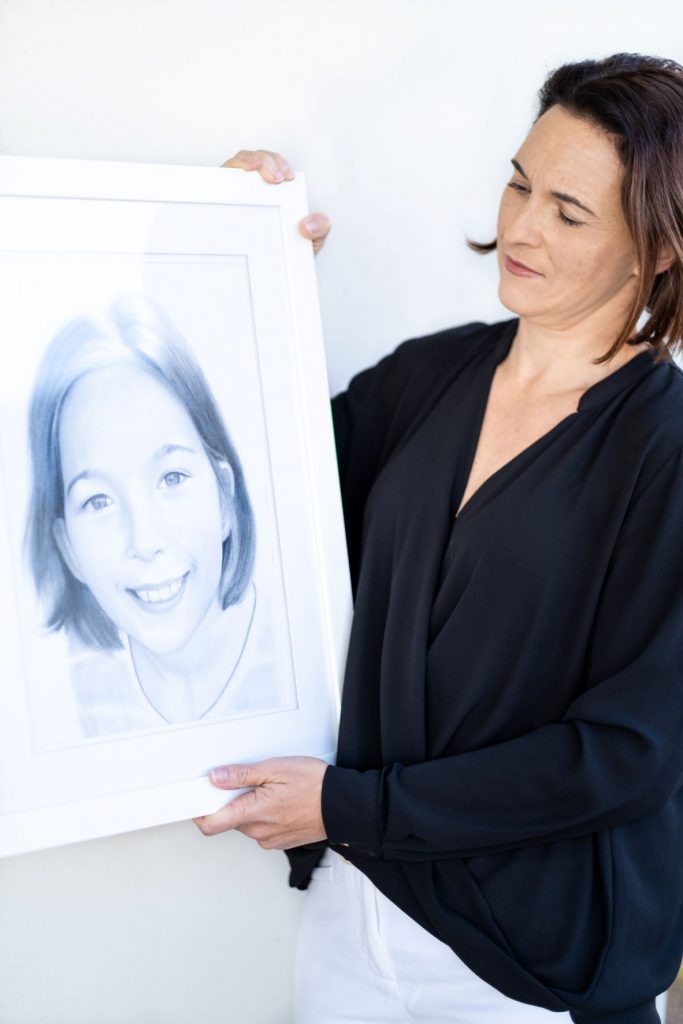
She is training for a 24-hour CrossFit event to raise awareness for organ donation, and she said she has Sophie’s voice in her heart.
“Just do it, Mum!’ she’d say, “Look, handstands are easy. And cartwheels.”
Karina said her promotion of organ donation was sparked by the last moments with Sophie and the supportive way the family was treated.
“The hospital staff were so respectful, so caring … but I’ll never forget the sound of her trolley leaving,” Karina said.
She will also never forget how Sophie’s body was returned from theatre, tucked up in pink sheets with her favourite teddy.
“Like she was going to bed,” Karina said.
“She looked so beautiful. It made all the difference, such a difference.”
Sophie’s operation was in the middle of the night, but if an organ retrieval operation occurs during the day, staff often line the corridors when a donor leaves the operating theatre to show respect and gratitude for the gift giver and family.
Karina said the person in ICU who first asked whether the family had considered donation was very gentle and concerned.
“This is the worst day of my life,” she said.
“You cannot make it any worse.”
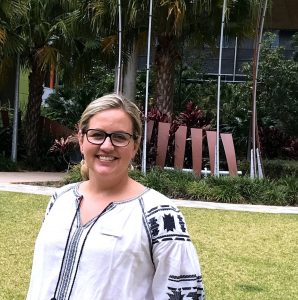
At Sunshine Coast University Hospital, the person asking loved ones whether their family has discussed organ donation is often Shona McDonald, a donation specialist nurse co-ordinator.
Even 12 years into the role, Shona says she still takes a deep breath as she reaches the door, knowing she is walking into someone’s nightmare to ask a question no-one ever imagines they will have to answer.
Sunshine Coast University Hospital-based Shona was an ICU nurse for many years.
“I watched families … head down the organ donation path and I was just in awe that despite the enormous grief and sadness they can think of someone else,” she said.
“And it gave them something positive out of a really tragic situation.”
With a skilled national DonateLife team behind her, Shona’s work is remarkable: pressured, discrete, caring and unsung.
For every transplant, the backstory is intricate.
There is a search behind the scenes to complete the jigsaw of donor matching, blood and tissue type, age, gender, body size and proximity – and all while the clock is ticking.
Staying peaceful in the middle of grief and feeling the weight of every word and movement in the fragility of it all is an art.
Shona herself is modest and compassionate and peppers her conversation with the words fortunate, lucky and grateful.
She is grateful for her husband and parents who whisk up her children when she spends 24 or 48 hours supporting a donating family.
She is profoundly thankful for the donor and families.
And she is gentle too with well-meaning people who insist they are registered as organ donors through their driver’s licence, a widespread misconception in Queensland.
“If I had $1 for every time someone pulled out their driver’s licence to try and show me they were registered I would be very rich,” Shona said.
She also blows away myths such as people being too old or too unhealthy to register.
“Ninety-two-year-olds have gifted eye tissue,” she said.
Both Karina and Shona said it was important for families to talk about end-of-life choices and register as potential donors.
It is a hard conversation to have, but a blessing if they ever need to answer that final question, knowing exactly what their loved one wanted.
Follow us on Facebook: www.facebook.com/scnews2020/
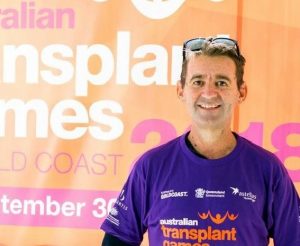
One organ recipient whose life was transformed twice over is Matty Hempstalk.
On dialysis from the age of three, his mother donated her own kidney when Matty was a sports-mad 14-year-old.
Later, an unknown man gifted another when Matty was 25.
Overcome by this generosity, Matty has since donated much of his life to support other transplant recipients.
“When I recovered, I decided I’m just going to focus on helping people,” he said.
Help keep independent and fair Sunshine Coast news coming by subscribing to our free daily news feed. All it requires is your name and email. See SUBSCRIBE at the top of this article.
He initially created a Sunshine Coast charity that transported patients for dialysis, but he is now a national membership and sports administrator at Transplant Australia, another charity formed to enrich and celebrate life.
He’s a straightforward, sporting-odds kind of man and he frames the benefit of organ donation in terms of odds.
He rationalises that while only 2 per cent of the population who die can be considered for organ donation, the odds of having someone close who will need a transplant in their lifetime exceed that figure.
A donor’s mother, a donation nurse, a transplant recipient: a phenomenal circle nurturing life from heartbreak – like beautiful Sophie and her rainbow tree.
How you can help
Registering is easy and only takes one minute at donatelife.gov.au/register


